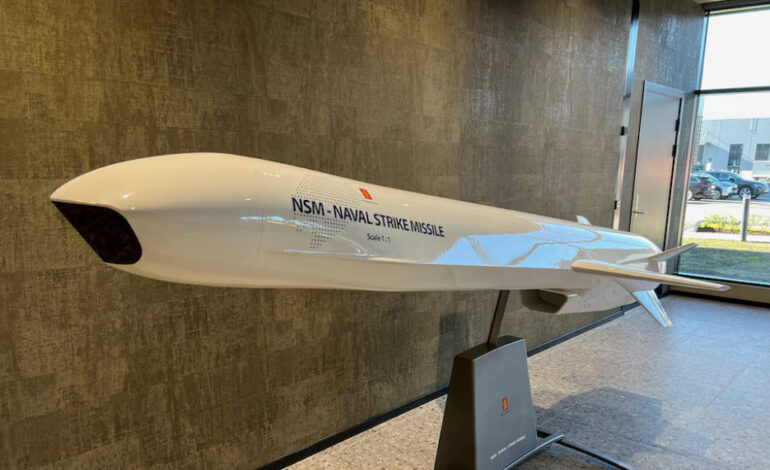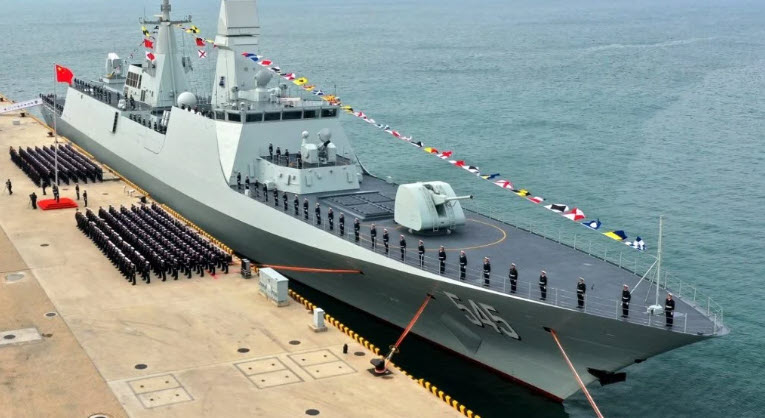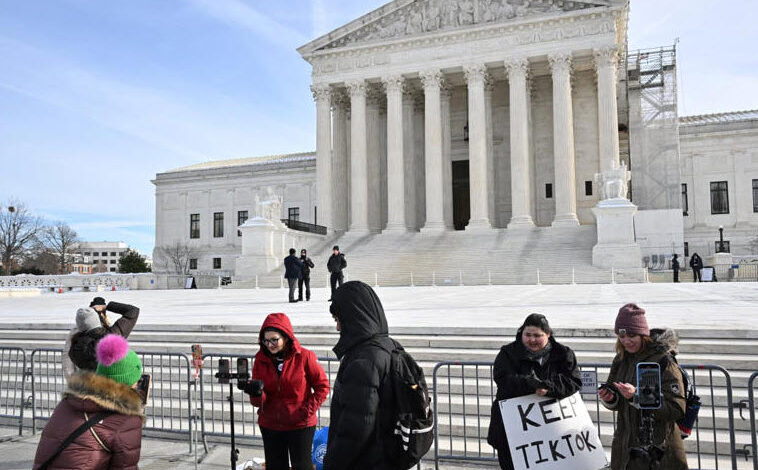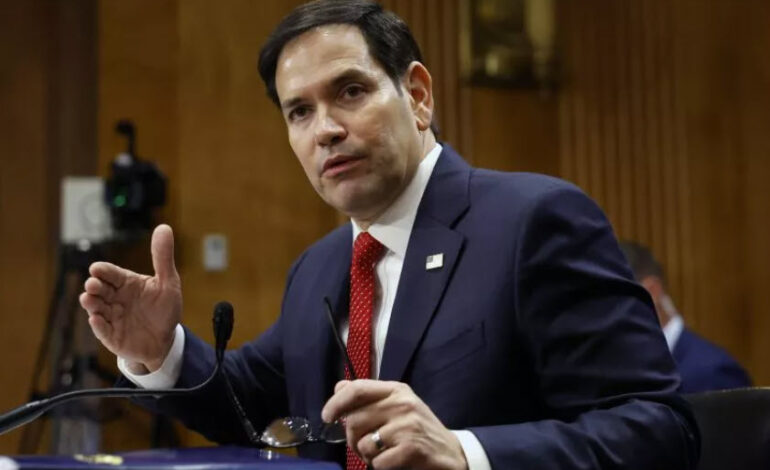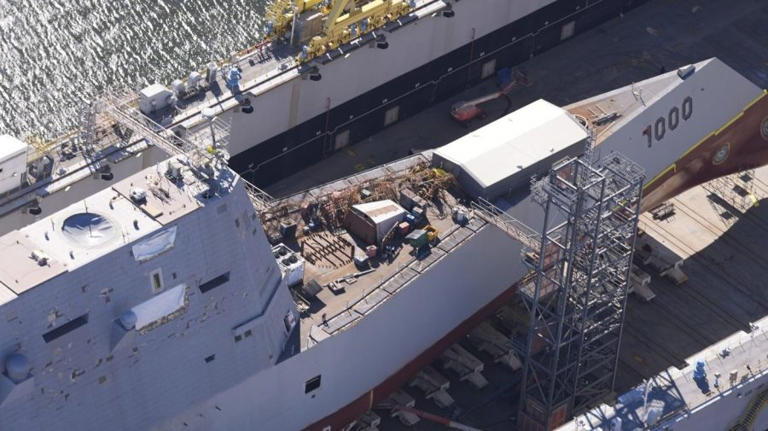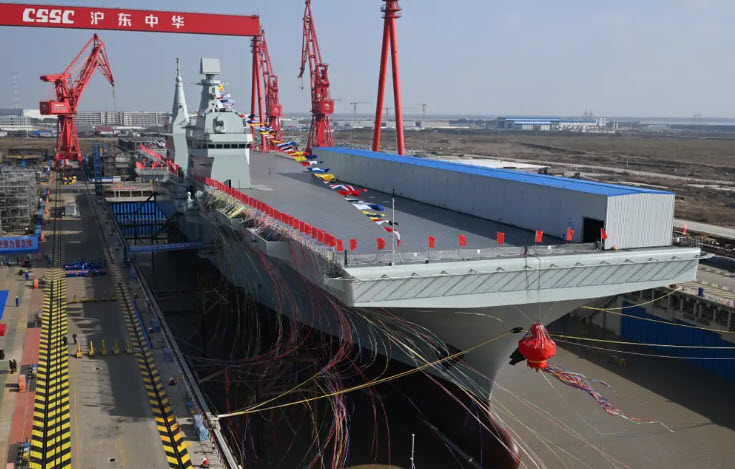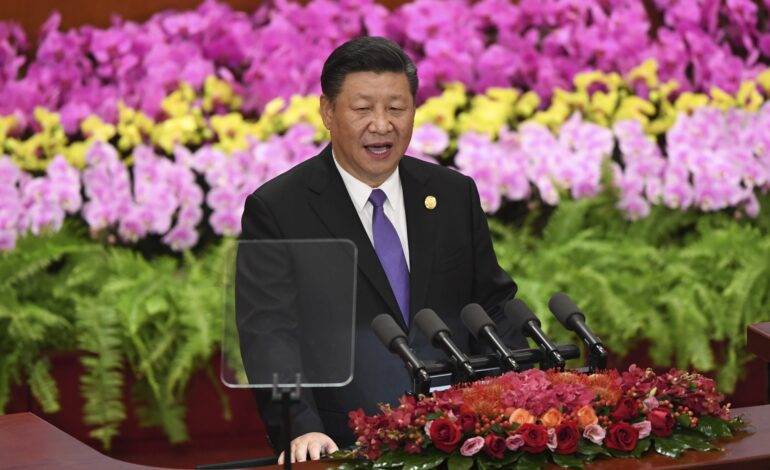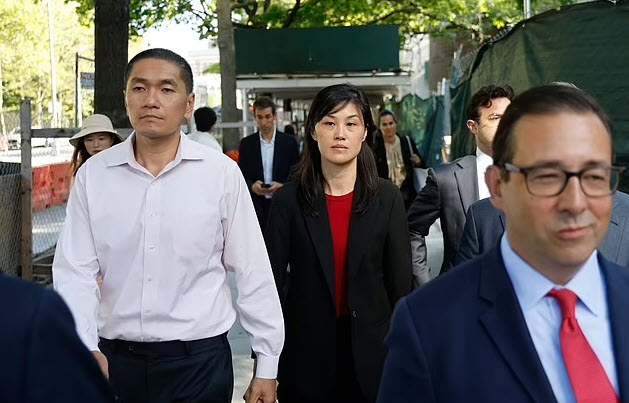To counter what senior Australian officials describe as the “greatest strategic uncertainty” since World War Two, Canberra will spend up to AUD$74 billion ($47 billion) on missel defense.
The PLAN Type 054B frigate has once again highlighted the disparity of the pace of development between Beijing and the United States.
China has the financial means and political will to employ a formidable public diplomacy and broadcasting toolkit to wage this narrative competition.
The Supreme Court unanimously upheld a federal law requiring TikTok’s Chinese owners to sell or shut down the social-media app by Jan. 19
Chinese President Xi Jinping will launch an invasion of Taiwan before 2030 unless the costs of such an operation are dramatically increased
China’s shipbuilding capacity is more than 200 times larger than that of the U.S., enabling it to deliver 689 large commercial ships in 2023 and to commission 30 ships for its navy.
The vessel's catapult, wider flight deck, and unobstructed runway make it highly capable of large-scale drone operations as China expands its arsenal of UAVs
The world economy is facing a flood of cheap Chinese goods
Former aide to two New York governors has been charged with acting as an undisclosed agent of the Chinese government
To counter what senior Australian officials describe as the “greatest strategic uncertainty” since World War Two, Canberra will spend up to AUD$74 billion ($47 billion) on missel defense.
The PLAN Type 054B frigate has once again highlighted the disparity of the pace of development between Beijing and the United States.
China has the financial means and political will to employ a formidable public diplomacy and broadcasting toolkit to wage this narrative competition.
The Supreme Court unanimously upheld a federal law requiring TikTok’s Chinese owners to sell or shut down the social-media app by Jan. 19
Chinese President Xi Jinping will launch an invasion of Taiwan before 2030 unless the costs of such an operation are dramatically increased
China’s shipbuilding capacity is more than 200 times larger than that of the U.S., enabling it to deliver 689 large commercial ships in 2023 and to commission 30 ships for its navy.
The vessel's catapult, wider flight deck, and unobstructed runway make it highly capable of large-scale drone operations as China expands its arsenal of UAVs
The world economy is facing a flood of cheap Chinese goods
Former aide to two New York governors has been charged with acting as an undisclosed agent of the Chinese government

